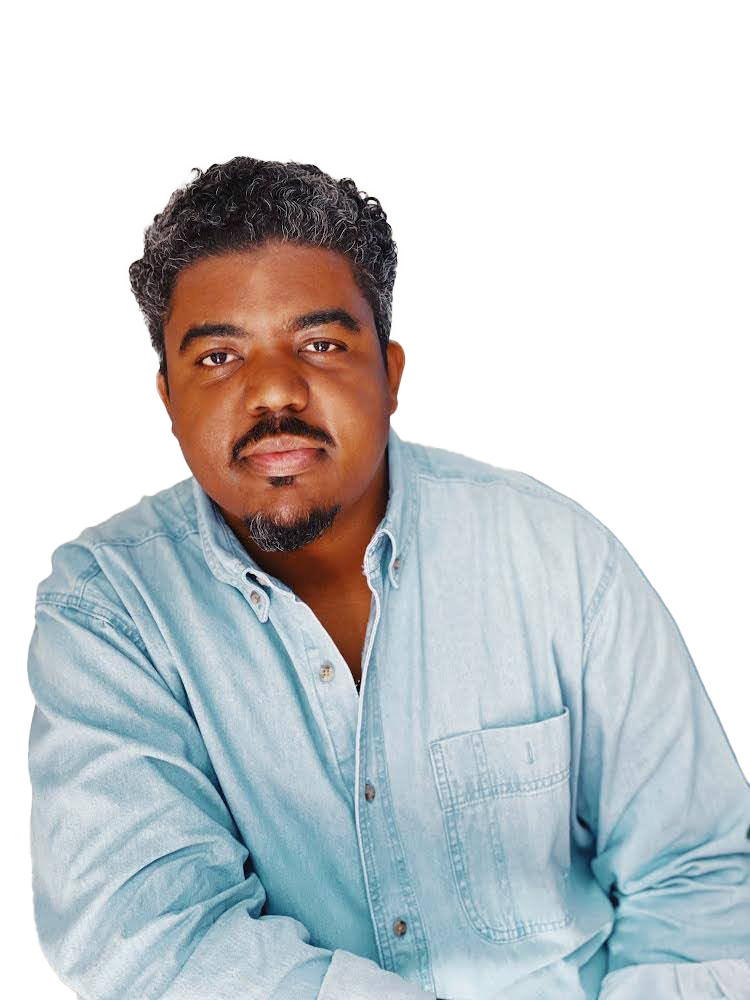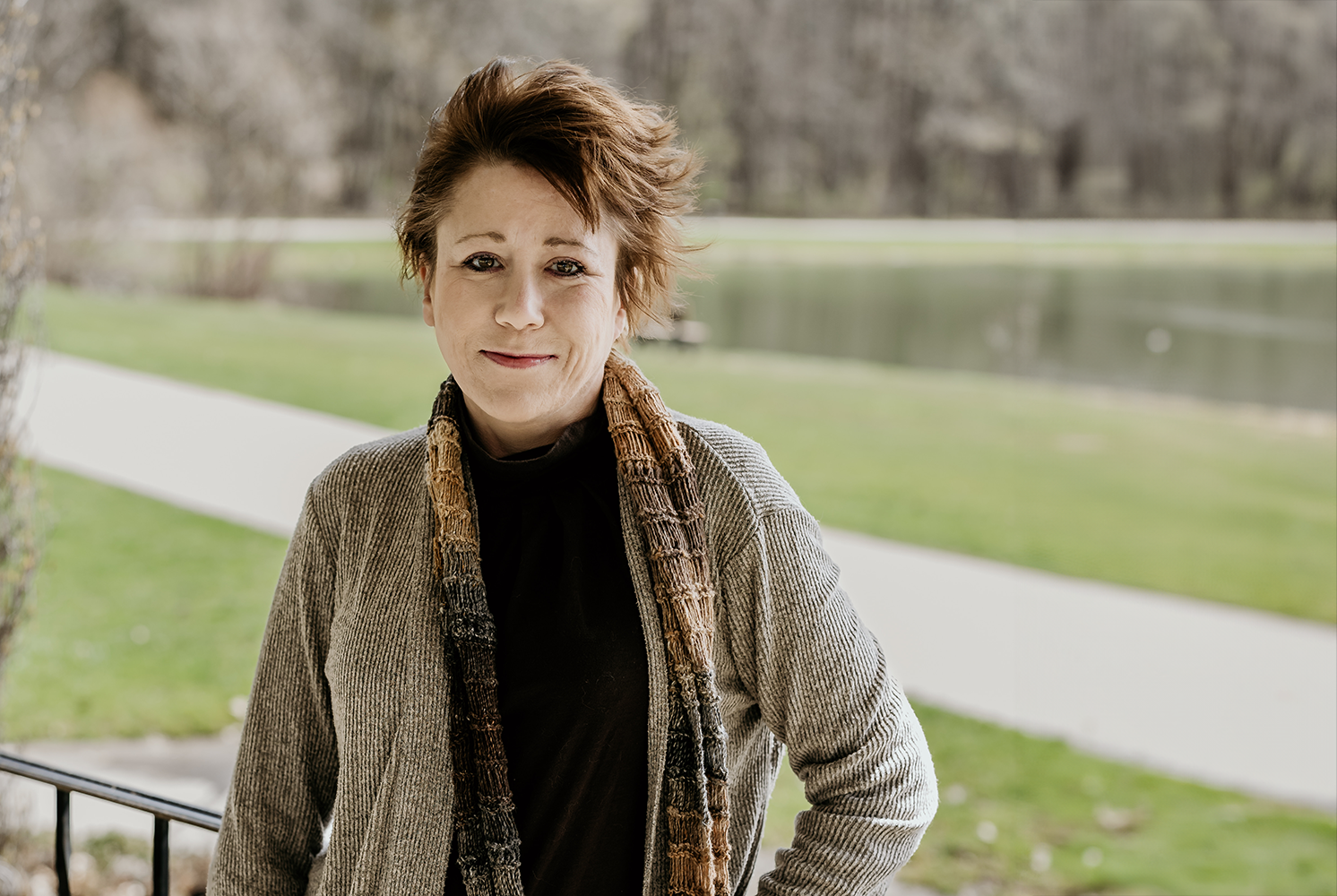Angela grew up in a big, loving family “where cousins treated each other like siblings and someone was always ready to help out in an emergency.” But she’s also known profound hardship. Both of her parents died when she was a teenager. She was diagnosed with diabetes as a child. And, she says, she spent more than a decade in an abusive relationship.
We often imagine survival as a finish line – that once someone escapes harm, the worst is behind them. But Angela’s story reveals that survival can mark the start of a new, more insidious kind of struggle: one fought in courtrooms, parking garages, and public waiting rooms, with no clear enemy and no clean escape.
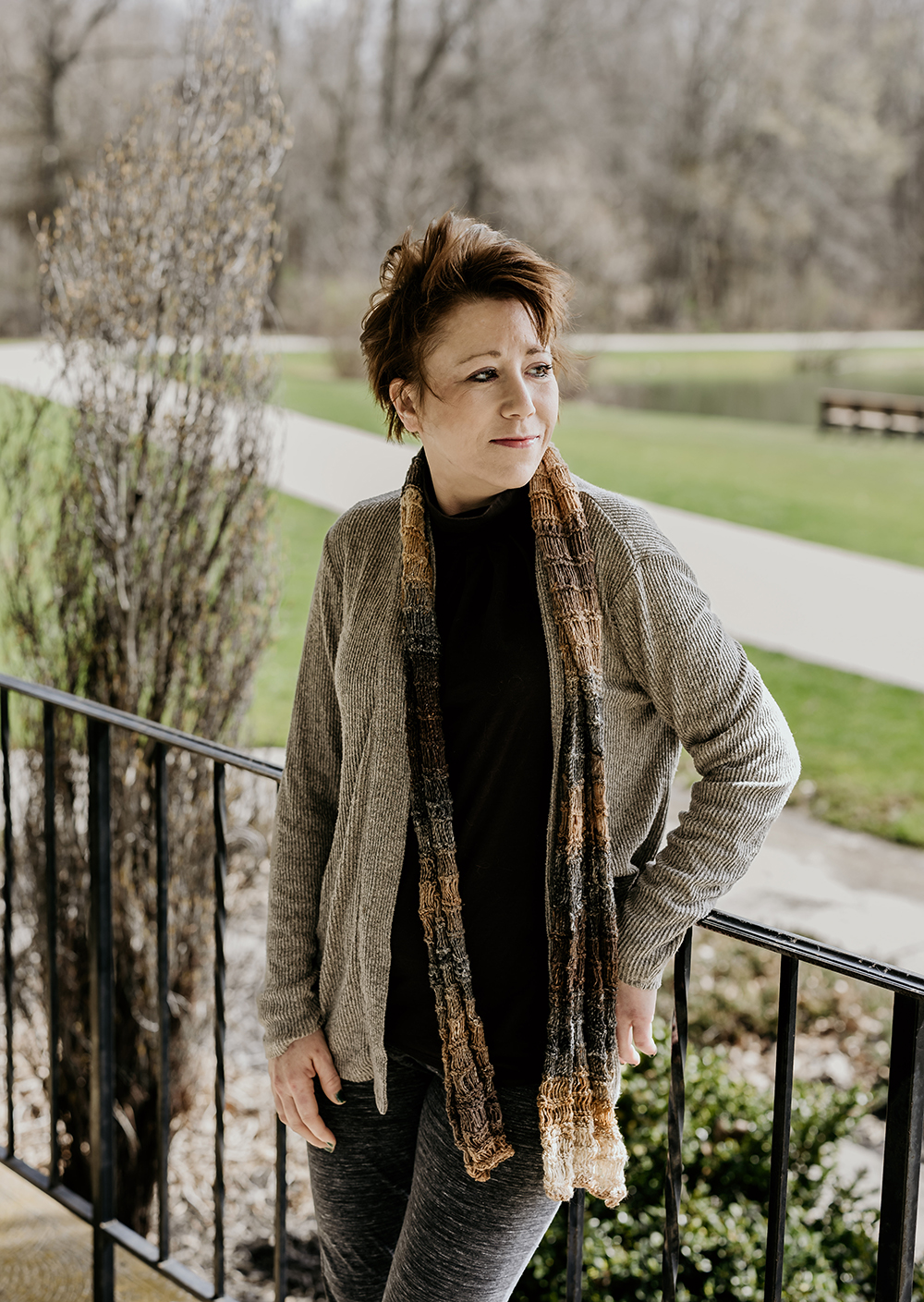
Angela alleges that her former partner was physically abusive and controlling. “He would sometimes take the car keys away – and refused to let me visit my family,” she said. “He told me that if I ever left him, he would make sure I lost everything.”
About two years ago, she says, he flicked a lit cigarette in her face. That’s when she decided to leave. “I had a plan,” she said. The first step was getting a job to support herself and her daughter. The day after receiving a job offer, she filed for a civil protection order.
The language of empowerment – just leave, start over, protect yourself – often ignores the systems survivors must confront. For many women, the most dangerous moment isn’t when they stay. It’s when they walk away.
“This is why women stay in abusive relationships. Two years this has been going on. I’ve lost everything.”
Angela says that since she left, she’s been arrested multiple times. Even though every charge was dismissed, she lost the job she was proud of, her home of 13 years, and, most devastatingly, custody of her daughter. “This is why women stay in abusive relationships,” she said. “Two years this has been going on. I’ve lost everything.”
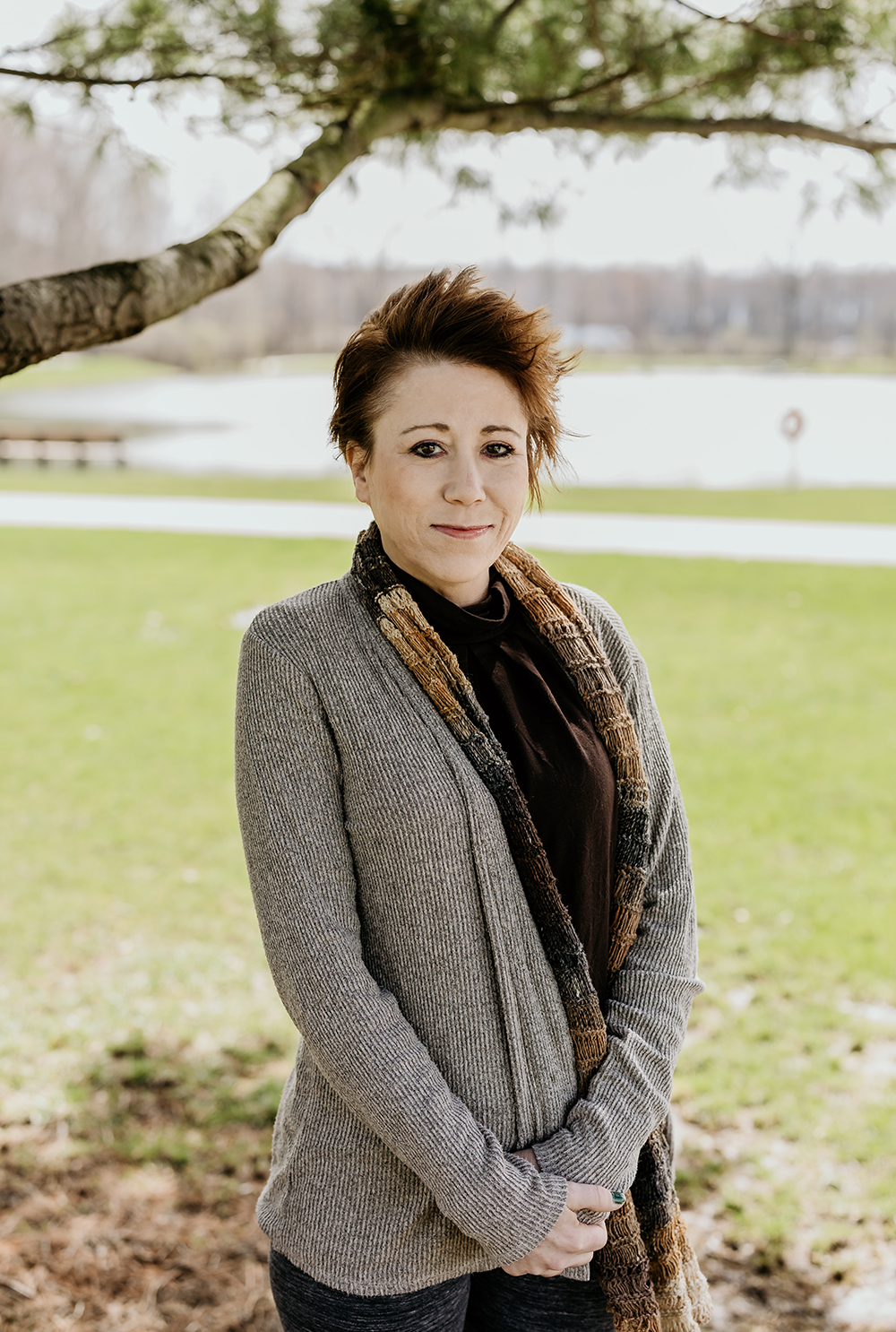
She was first arrested after her ex accused her of “safecracking.” She says she had purchased the safe and opened it with her own key. The charge was dismissed, but the allegation cost her the new job. “The damage is done,” she said.
Without income, she fell behind on rent. When law enforcement came to enforce the eviction, she said she dropped to her knees and pleaded with her landlord: “Don’t do this to me… I’m going to lose my daughter.” She was charged with trespassing. That charge, too, was dismissed. But without housing, she lost custody.
The justice system often imagines itself as neutral terrain, but navigating it requires time, money, literacy, and calm. Survivors like Angela, who arrive with neither wealth nor peace, are left to chart a course through a maze designed without them in mind.
“It was terribly confusing,” she said. Living on disability checks due to anxiety, even getting to the courthouse became overwhelming. “I’ve been kicked out of every single parking garage because I never had enough money to get out.”
In a later case, Angela was arrested again – this time for allegedly violating a court order requiring that she communicate with her ex only through a monitored phone app. She said the app was unreliable and failed to keep her safe. Frustrated, she texted him directly: “Leave me alone… You are a fat f*****g pig,” she wrote, along with other harsh language. He reported her, and she was arrested for telephone harassment.
“It was probably one or two times,” she added. “Probably after days of him needling me, threatening me, asking, ‘Who’s at your house? Who’s in my driveway? I’ll spend every penny to make sure you can’t live.’”
That was when The Bail Project stepped in.
We posted her bail so she wouldn’t have to ask family for help again. Bail Project staff also supported her through the system – offering court reminders, help understanding charges, and transportation to and from court.
“The Lyft rides from The Bail Project were a godsend.”
“The Lyft rides from The Bail Project were a godsend,” she said. “I could focus on my case, instead of worrying the whole time about where I had parked and whether I was going to get back to the car in time.”
Angela said she had to make 24 court appearances before that charge was dismissed.
“I love The Bail Project,” she said. “I want to know – what made them pick me?”
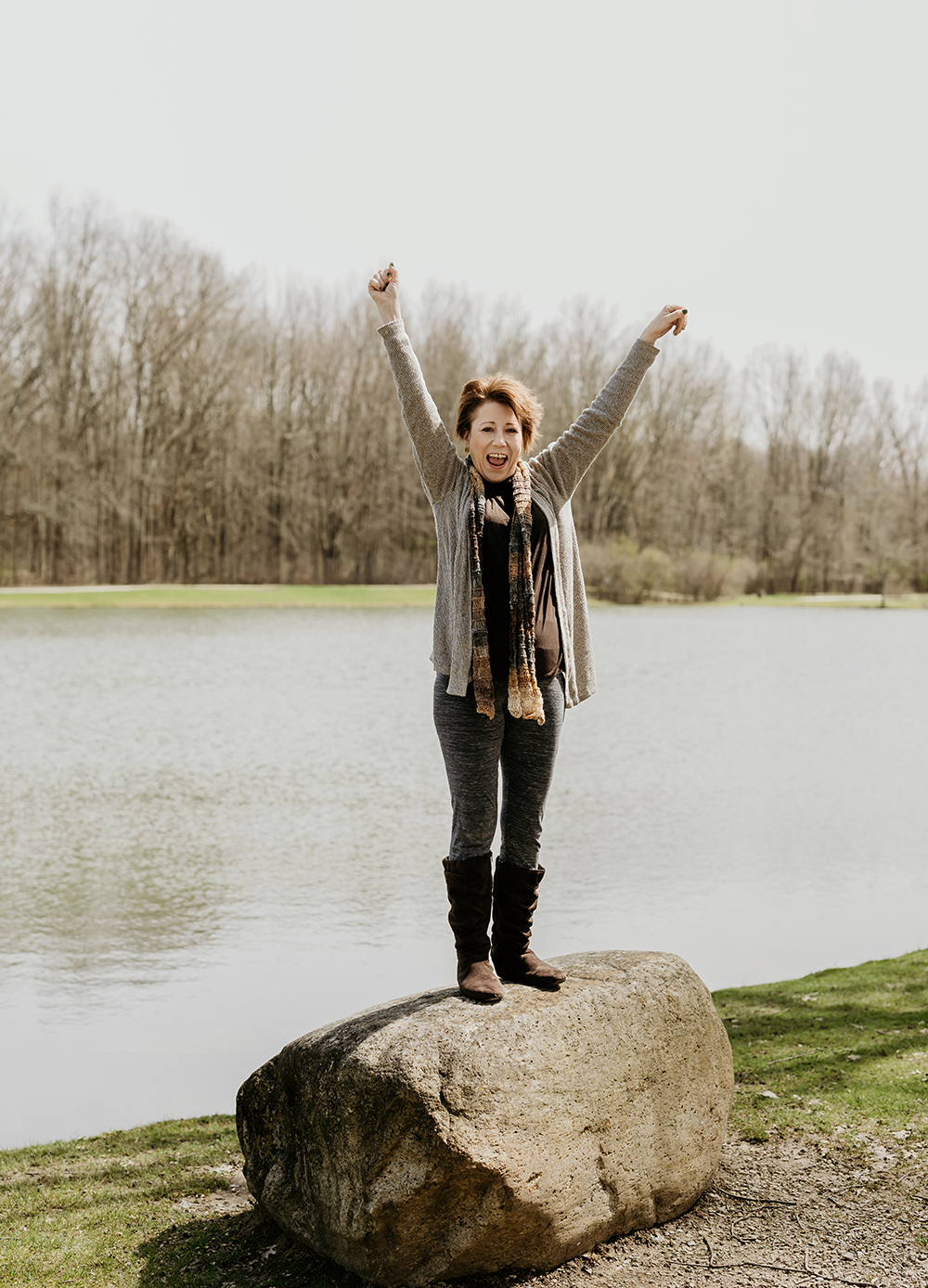
Angela, like so many women before her, did what we say survivors should: she left. She got a job. She went to court. She tried to build a new life. And for that, she lost nearly everything.
Even now, she remains in limbo. Her daughter lives elsewhere. Her record, though clean, carries the weight of accusation. She worries about applying for jobs. She feels the slow erosion of trust in systems that claimed to protect her.
This is not a story of failure. It’s a story of design.
Angela’s story doesn’t just ask whether our systems fail survivors. It asks: what if they’re working exactly as intended?
Thanks for reading. The cash bail system is broken, and fixing it takes more than just good ideas – it takes people willing to get involved. If this story helped you see the issue more clearly, consider sharing it with someone else. And if you’re in a position to give, a donation goes a long way in helping us keep up the work. Every bit of support matters.
